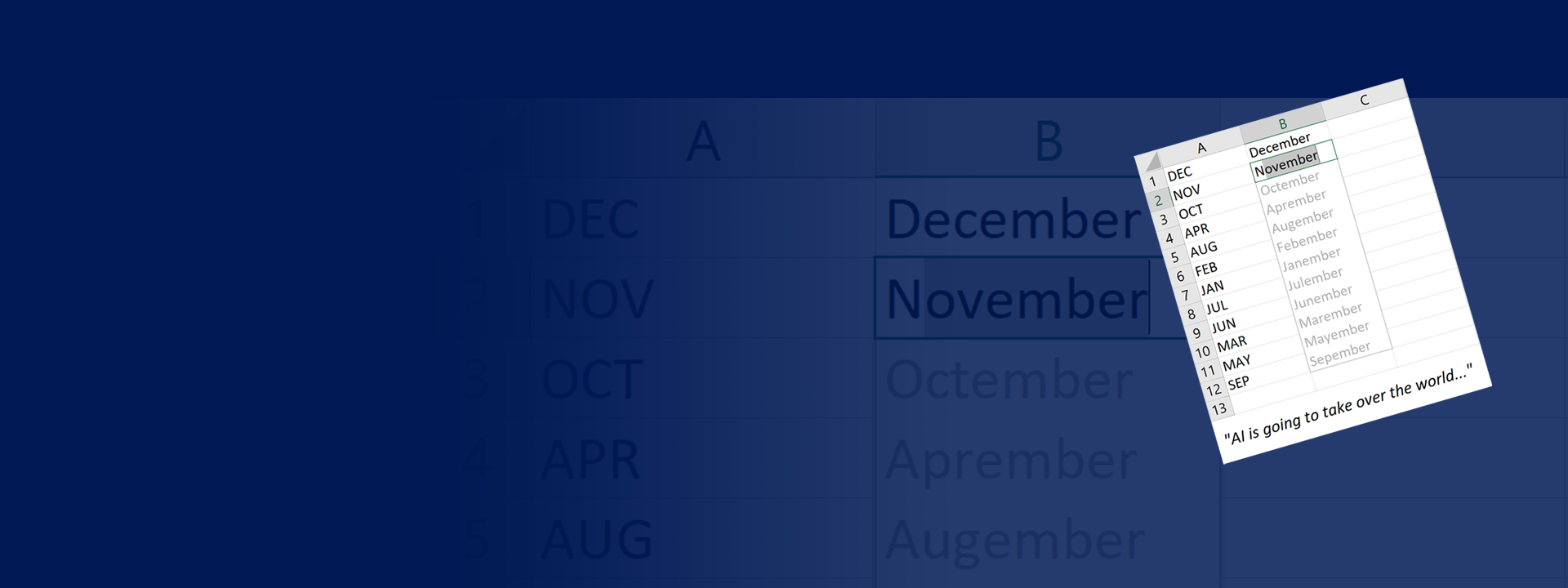Backpropagation
Deductive strategy (i.e., backpropagation) is the main synthesis algorithm used by the PROSE SDK. It relies on external annotations, provided by the DSL designer for the language operators – witness functions. Our tutorial and samples show many use cases for specific witness functions.
Witness Functions
A witness function is a domain-specific deductive procedure for a parameter k of an operator F, that, given an outer spec ϕ on F, answer a question: “What should a program used as this parameter satisfy in order for the entire F expression to satisfy ϕ?” In other words, witness functions backpropagate specifications from expressions to their subexpressions.
There are two kinds of witness functions: non-conditional and conditional.
Non-conditional
Non-conditional witness functions have the following signature:
[WitnessFunction("OperatorName", paramIndex)]
Spec Witness(GrammarRule rule, Spec outerSpec);
Since PROSE uses .NET reflection to extract information about witness functions, you should make the actual types in your signature as precise as possible.
In particular, the outerSpec parameter specifies what kind of spec for F your witness function can handle.
Typically a different witness function is written for each spec kind: it takes a different requirement to satisfy a PrefixSpec that an ExampleSpec.
A witness function may produce an overapproximation to the required spec instead of a necessary and sufficient spec for the parameter k.
PROSE can still use such a witness function, but it should be marked with Verify = true in its [WitnessFunction] metadata attribute.
If outerSpec is inconsistent (no program can possibly satisfy it), witness function should return null.
null in PROSE is a placeholder for an “always false” spec.
(An “always true” spec is called TopSpec).
Conditional
Conditional witness functions depend not only on an outer spec on their operator, but also possibly on some other parameters of that operator.
They have the following signature:
[WitnessFunction("OperatorName", paramIndex, DependsOnParameters = new[] { prereqParam1, prereqParam2, ... }]
Spec Witness(GrammarRule rule, Spec outerSpec, Spec prereqSpec1, Spec prereqSpec2, ...);
As with non-conditional witness functions, prerequisite specs in the signature should be as precise as possible.
Typically they will be ExampleSpecs: deductive reasoning is easiest when you know precisely some fixed value of a prerequisite on the same input state.
You can use DependsOnSymbols = new[] { prereqName1, prereqName2, ... } in the attribute, referring to parameter names instead of their indices (if they are unambiguous).
ID Annotations
If a target grammar rule does not have a name (for instance, it is a let rule or a conversion rule A := B), you can use an @id annotation in the grammar file to give it one, and then use this name as a reference in [WitnessFunction] attributes.
string expr := @id['LetSubstring'] let x = ChooseInput(inputs, k) in SubStr(x, posPair);
[WitnessFunction("LetSubstring", 0)]
Spec Witness(LetRule rule, Spec outerSpec);
In case of a let rule, it has two parameters: its “binding” expression (the part on the right-hand side of an equal sign) and its “body” expression (the part after in).
PROSE provides an automatic witness function for the body parameter, so you only to write one for the binding parameter (whose index in the containing let rule is o).
Rule Learners
Rule learners are designed for use cases when you cannot express you deductive logic in terms of witness functions on individual parameters.
They are mini-strategies: search algorithms for one grammar rule.
Note: Usage of rule learners is generally discouraged: if you can describe deductive reasoning as a witness function, PROSE framework can do a more aggressive optimization of its search process.
A rule learner has the following signature:
[RuleLearner("OperatorName")]
Optional<ProgramSet> Learn(SynthesisEngine engine, GrammarRule rule, LearningTask<Spec> task, CancellationToken token);
You can make recursive calls to engine.LearnSymbol in your rule learner to solve deductive subproblems.
The final result should be constructed as a Optional out of such subproblem results.
The learning task may have a more precise Spec type, for example DisjunctiveExamplesSpec or ExampleSpec.
Note: it is a good .NET practice to check on the given
CancellationTokenregularly and throw aTaskCancelledExceptionwhen you detect a cancellation request.

